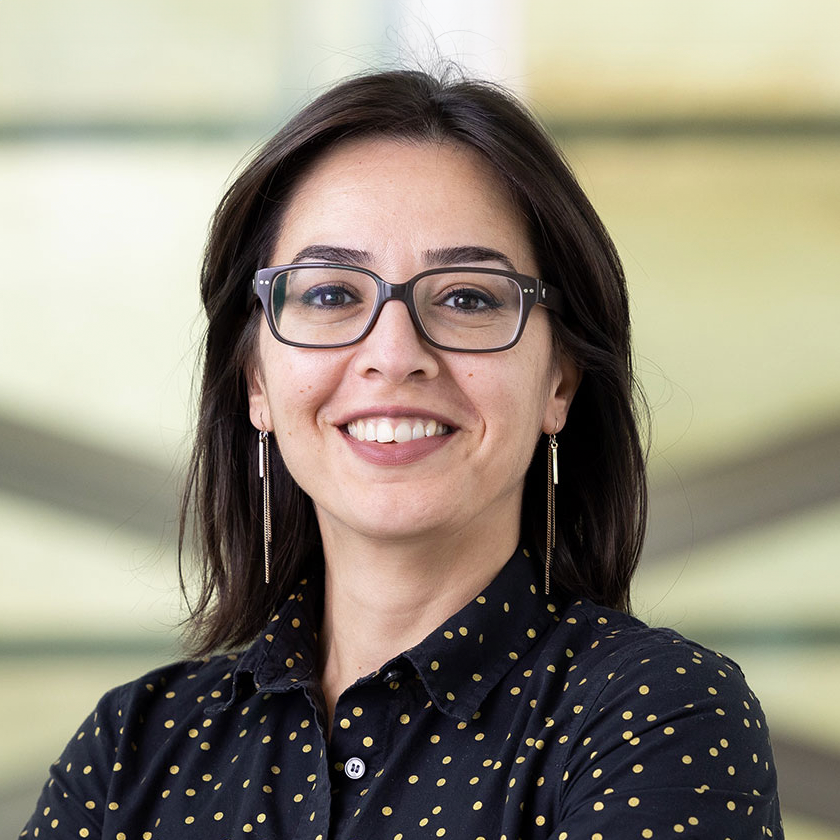
Sahika Inal
Associate Professor, Bioengineering
Biological and Environmental Science and Engineering Division
We bridge the fields of electronics and biology, develop bioelectronic materials and devices for real-time health monitoring and intervention.
Program Affiliations
Center of Excellence
Biography
Professor Sahika Inal earned her B.Sc. in Textile Engineering from Istanbul Technical University, Turkey, followed by an M.Sc. in Polymer Science, a joint program offered by Humboldt University, Free University, Technical University of Berlin, and the University of Potsdam, Germany. In 2013, she completed her Ph.D. in Experimental Physics at the University of Potsdam, focusing on electronic polymer-based optical sensors for pathogen detection. Following her doctoral studies, she conducted postdoctoral research at the Center of Microelectronics of Provence, École Nationale Supérieure des Mines de Saint-Étienne in France, where she developed microelectronic devices for bioelectronic applications.
Since 2016, Professor Inal has led the Organic Bioelectronics Lab at KAUST. Her research explores the mixed ionic and electronic charge transport in organic materials and the development of electronic devices that interface with biological systems for biosignal recording and stimulation. She currently serves as the program chair of the Bioengineering program at KAUST. She has received numerous awards, delivered more than 70 keynote lectures and invited talks at major international conferences across 15 countries, published over 135 articles, and is the owner of 10 patent applications. Her innovative contributions help advance the field of bioelectronics and open new possibilities for understanding and interacting with biological systems.
Research Interests
Professor Inal’s expertise lies in polymer science and bioelectronic devices. She specializes in photophysics of conjugated polymers, characterization of polymer thin films, behavior of polymer films in aqueous environment, and the design of biosensors and actuators comprising conjugated polymers. She currently investigates ion/electron conduction in organic electronic materials and designs bioelectronic devices that can record/stimulate biological signals.
Combining in-situ techniques to monitor ion and electron motion in films, fibers, and porous scaffolds of organic materials, her team aims to find the best-performing materials, formulations, processing conditions, and form factors for applications in biological electrolytes.
These optimized materials are then applied to build specific devices (transistors, fuel cells, electrodes, electrochemical actuators, or drug delivery devices) that can sense or stimulate biological signals.
Education Profile
Postdoctoral Fellow, Bioelectronics, Ecole Nationale Superieure des Mines de Saint Etienne, France, 2016.
Ph.D. Experimental Physics, University of Potsdam (UP), Germany, 2013.
M.Sc. Polymer Science, TU, HU, FU Berlin, UP, Germany, 2009.
B.Sc. Textile Engineering, Istanbul Technical University, Turkey, 2007.
Awards and Recognitions
Publications
Research Areas
- Electrical and Computer Engineering

